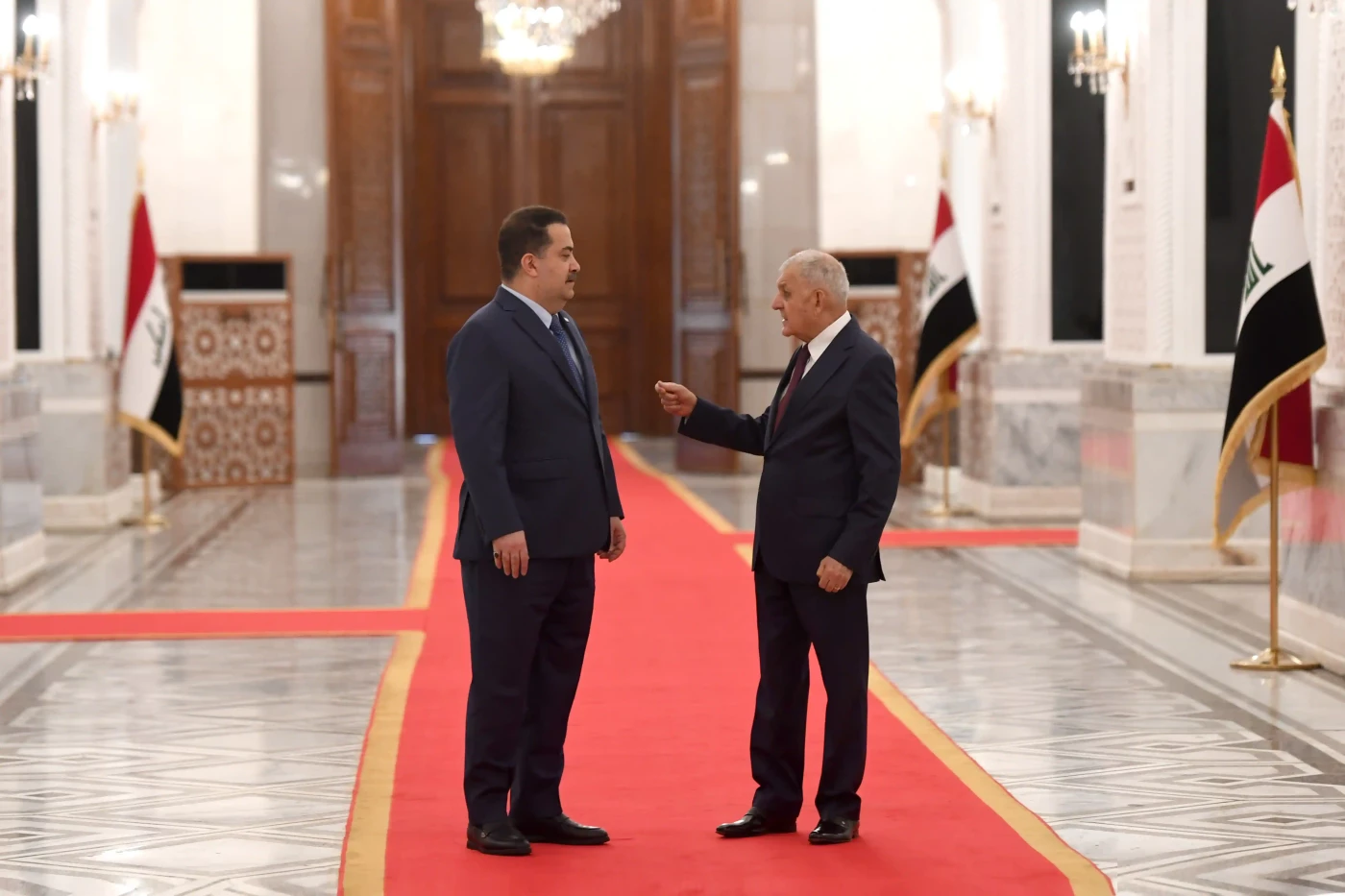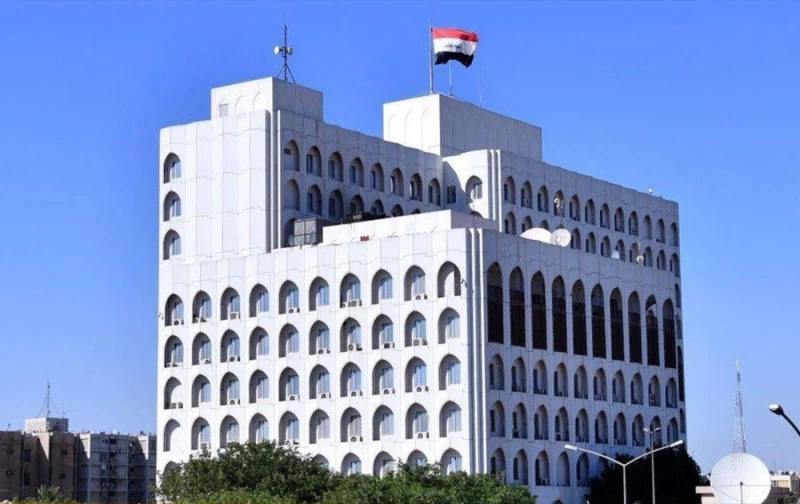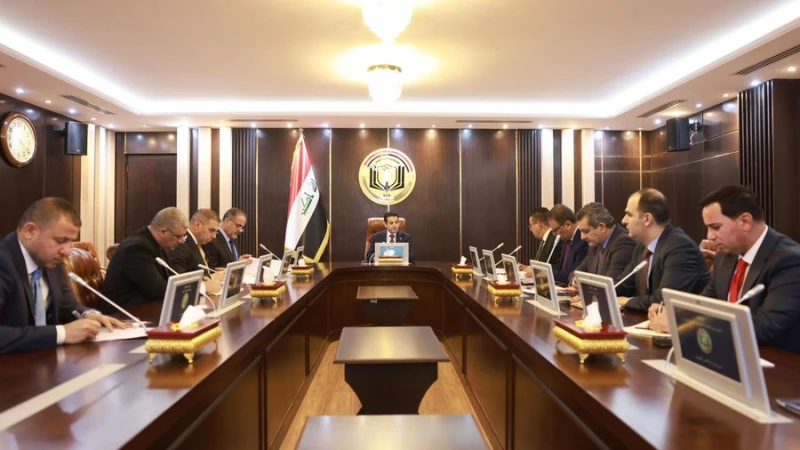ERBIL, Kurdistan Region of Iraq - Iraqi President Abdul Latif Rashid on Wednesday met with Prime Minister Mohammed Shia’ al-Sudani, with the two leaders discussing an array of topics including Erbil-Baghdad issues, and preparations for November’s elections.
The Iraqi government and the Kurdistan Regional Government (KRG) have been at loggerheads over the management of the Kurdistan Region's oil fields and the disbursement of civil servant salaries for years. The latest episode occurred in May after Baghdad informed Erbil that they will halt funding the Region's civil servant salaries, arguing that the Region had already exceeded its annual budget share in May.
During Wednesday’s meeting, the leaders emphasized resolving the outstanding issues between the Iraqi government and the KRG must be done “in accordance with applicable constitutional and legal frameworks, in a manner that achieves social justice and sustainable development,” according to a joint statement from their offices.
An agreement was reached earlier in July between the two governments, whereby the Kurdistan Region agreed to export 230,000 barrels of oil through the federal government's State Organization for Marketing of Oil (SOMO), in addition to paying 120 billion Iraqi dinars in non-oil revenues to Baghdad as its share of the federal treasury, in exchange for salaries.
The Kurdistan Region’s civil servant salaries for May were disbursed a few days later.
Sudani and Rashid also reviewed ongoing preparations for holding the parliamentary elections on their scheduled date, and the need to prevent threats to the integrity of elections.
“The importance of not using the state's human and material resources for electoral purposes was emphasized, as was the prohibition of exploiting government positions to influence voters' will,” read the statement. “This contributes to strengthening citizens' confidence in the democratic process, and adherence to laws and regulations to ensure the integrity of the elections.”
Iraq is set to hold parliamentary elections on November 11, with over 21.4 million eligible voters having completed the biometric registration update to partake in the upcoming polls. Around eight million eligible voters have not updated their information, meaning they will not be able to participate in the November elections.
The Iraqi president and premier also discussed enhancing security and stability, confronting violations targeting citizens, and mevhanisms for cooperation between the Presidency and the Council of Ministers across various sectors during their Wednesday meeting.



 Facebook
Facebook
 LinkedIn
LinkedIn
 Telegram
Telegram
 X
X


